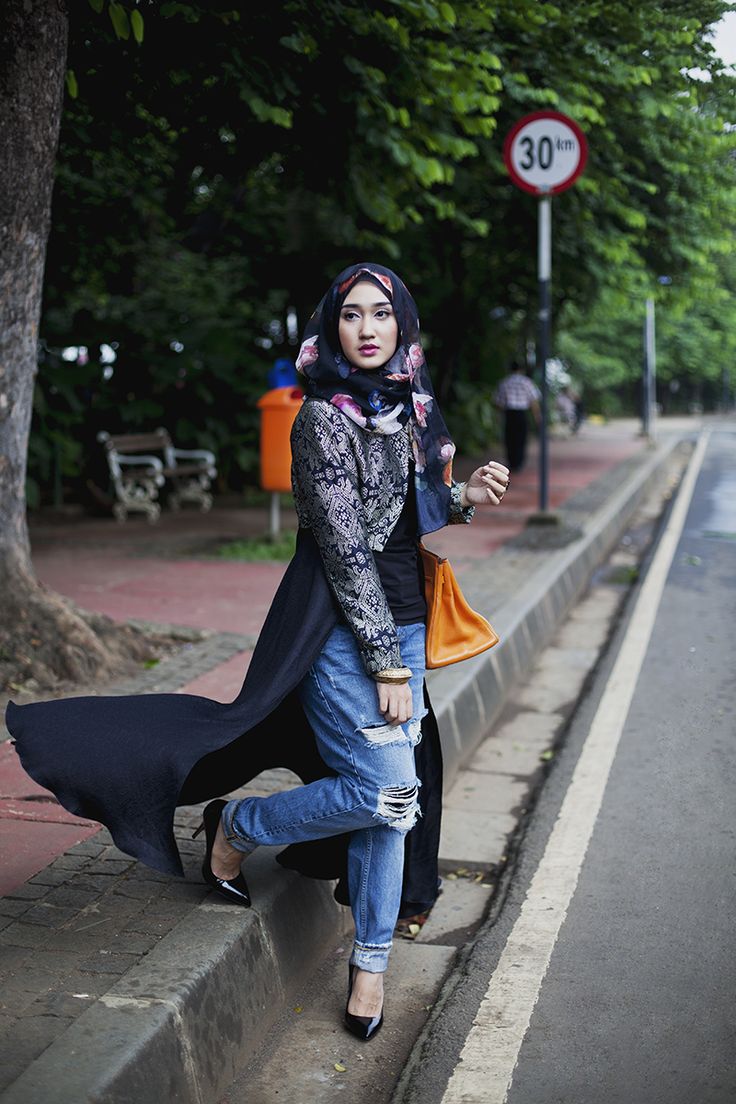Lawyer in Egypt proclaims it’s a “national duty” to rape girls who wear ripped jeans
“I say that when a girl walks about like that, it is a patriotic duty to sexually harass her and a national duty to rape her, Are you happy when you see a girl walking down the street with half of her behind showing?” says Nabih al-Wahsh a lawyer in Egypt.
The Egyptian lawyer has prompted outrage for saying harassing and raping girls who wear revealing clothing such as ripped jeans is a “national duty”.
A 2008 study found that 83 per cent of Egyptian women said they had been sexually harassed and 53 per cent of men blamed women for “bringing it on themselves”.
The mass sexual assault of women in public has been documented in Egypt since 2005. Typically acting under the protective cover of large gatherings, assailants encircle a woman while outer rings of men deter rescuers. The attackers regularly pretend to be there to help the women, adding to the confusion. Women have reported being groped, stripped in public, beaten, bitten on breasts, penetrated in the anus with fingers, and raped. The attacks have been described in Egypt as the “circle of hell.”
Commentators say the attacks reflect a misogynist ideology that penalizes women for leaving the house, seeks to terrorize them out of public life, and views sexual violence as a source of shame for the victim, not the attacker.
Nabih al-Wahsh (the lawyer) has previously stated his opposition to women serving as judges. He argued if women become judges they could also become muftis, a Muslim legal expert who has the power to give rulings on religious issues, and would issue fatwas – a ruling on a point of Islamic law given by a recognized authority – while they are on their periods.
He said: “If we let a woman become a judge, why shouldn’t she become Sheik of Al-Azhar? Why shouldn’t she become the Mufti? Why don’t we all just go to Hell?! Will she issue me a fatwa while she is menstruating?!”
Egyptian capital of Cairo was last month branded the “most dangerous” megacity for women in the first international poll which looked at how women fare in cities with over ten million people. Women’s rights campaigners in the city say this stems from deeply entrenched centuries-old traditions of discrimination there and women having limited access to good healthcare, education, and finance.


